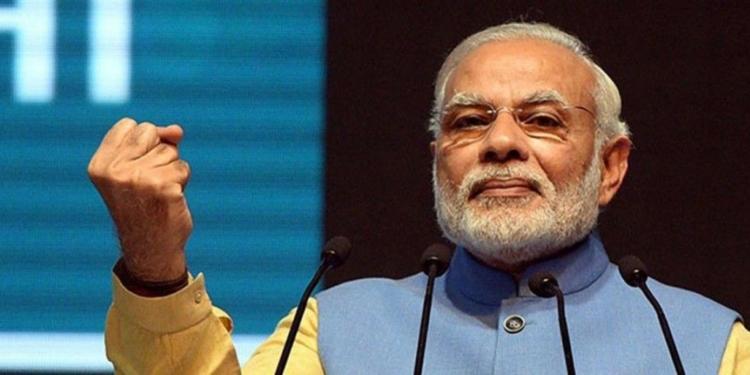Modi government may give complete tax exemption to accredited investors who invest in startups. The Department for Promotion of Industry and Internal Trade (DPIIT) will very soon propose the holistic plan to finance ministry for approval. “Accredited or genuine investors can invest any amount but we will make some criteria for that. It should be liberal enough so that all such people can come under its purview. But it should not be over liberal and extra-stringent,” said an official.
The angel tax was introduced in 2012 during the UPA government by then finance minister Pranab Mukherjee. The IT department officials have shown a pro-active stance because it was found that some people are converting the black money into white in the name of investment in startups. It was also found that investments in startups were being used for tax evasion. But many genuine startup founders and entrepreneurs had to face problems and were harassed by IT officials in the name of pro-activeness. So, in the last few months, entrepreneurs were complaining of tax terrorism of a similar kind that was prevalent in the UPA era.
However, the government is now planning to exempt the angel investment from taxation to support the startup ecosystem. The government has already exempted the investment up to 25 crore rupees from income tax but the amount raised beyond the fair market that is taxed at 30 percent. Now the government is planning to raise the exemption limit under Section 56(2) (viib) of Income Tax Act, 1961. The exemption would be granted if the investor has a capacity, which will be decided on the basis of his/her net worth.
“How much a genuine investor is investing per year would depend on his/her net worth. For example, if you invest Rs 2 crore, then the net worth should be 10 times of that. There should be a linkage between investments and investors’ net worth and certain income should be there,” said the official.
Modi government is one of the most startup friendly governments that India has ever seen. The Modi government launched two programmes named Startup India and Standup India to encourage young entrepreneurs in the country. There are three pillars of Startup India which include simplification and hand-holding, funding support and incentives, industry-academia partnership and incubation. The government launched Pradhan Mantri Mudra Yojana to give low-interest loans to entrepreneurs from underprivileged backgrounds. The other programme, Standup India is similar to Startup India but it is more focused to support entrepreneurship among women and SC & ST communities. Startup India was launched in August 2015 while Standup India was launched in April 2016. The government also mulls to set up a mechanism called SETU (Self-utilization and Talent Utilization) to provide technical assistance and incubation to startups. Apart from this, it is planning to ease out the existing regulatory regime for startups and to extend tax incentives to them.
Earlier this year, the Modi government had simplified the process for startups seeking exemption from ‘angel tax’. The government eliminated the need of certification from an inter-ministerial body for the process of tax exemption. in March, The I-T department had informed that about 120 startups are exempt from paying taxes on funds raised from angel investors.
In terms of the total number of Startups, comprising tech and non-tech areas, India is among the five largest hosts in the world along with China and the US. The number of Startups in both India and China stand at 10,000 each. The US has the most number of total 83,000 budding entrepreneurs. In recent years, the Indian startup ecosystem has also taken off and has matured. Factors such as availability of funding, consolidation activities by a number of firms, evolving technology space and a burgeoning demand within the domestic market have led to the emergence of startups.

























